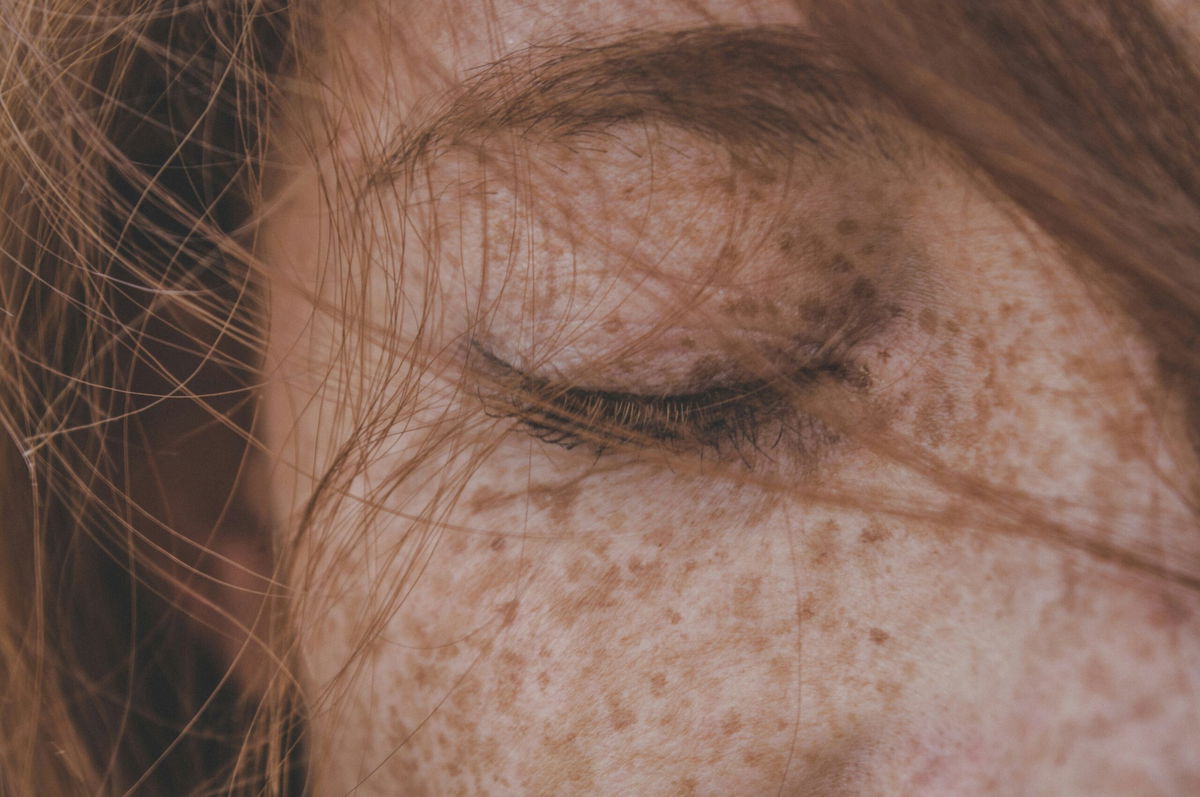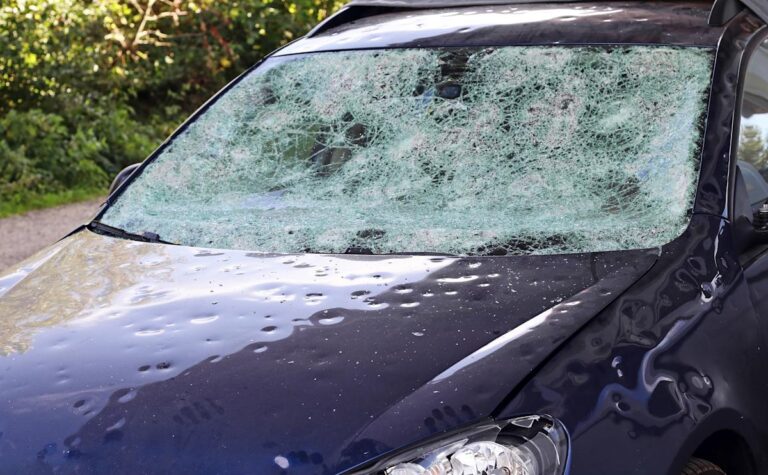
There is a rising trend of skin cancer diagnoses in the Baleares region.Photo Credit: Chermiti Mohamed via Unsplash
In 2024, the Spanish Association Against Cancer (AECC) recorded a staggering increase in diagnoses for skin cancer. In the Baleares region alone, the association reported 142 new cases of melanoma and 303 new cases of other types of skin cancer. This is a concerning 40% increase within the last four years. So what’s causing it?
Experts say the disturbing upwards trend has one main culprit: UV radiation. Prolonged and unprotected exposure to the sun is the leading cause of skin cancers such as melanoma. Luckily, this type of cancer can easily be prevented by using more sunscreen, wearing sun-protective clothing, avoiding sunbeds, and being more mindful of the harm the sun can cause.
Luckily, skin cancer can often be seen on the body, as opposed to other cancers. It can take the form of a lesion, a dark spot, a bump, a sore that doesn’t heal, or otherwise an abnormality in the skin. That being said, oftentimes skin cancer is not painful and can appear as a normal mole or freckle, which is why frequent self-checks are recommended. Scheduling regular check-ups with a dermatologist is also beneficial, especially after the age of 50 when the risk can increase dramatically.
Genetics could also play a big role. According to the National Cancer Institute, up to 10% of all cancers could be caused by inherited genetic changes. That is to say, if any family member has shown signs of skin cancer, you may also be at risk. Now more than ever, knowing your family’s health history is crucial.
The skin keeps the score: prolonged sun exposure without precautions could come back to bite you, even decades later. Older people tend to be more at risk of developing skin cancer, but being younger does not absolve you of the risk. On the contrary, unprotected sun exposure as a young person could later manifest as cancer, even if you become more health-conscious as you age. Regularly applying sunscreen and examining your skin for any abnormalities could save you in the long run, and making a habit of it could make a world of difference when it comes to your skin health later in life.
Apart from sun exposure, other factors that could affect your risk of being diagnosed with cancer are obesity, whether or not you live an active lifestyle, and your nutrition. It’s clear that when it comes to cancer, you can never be too careful, at any age.







